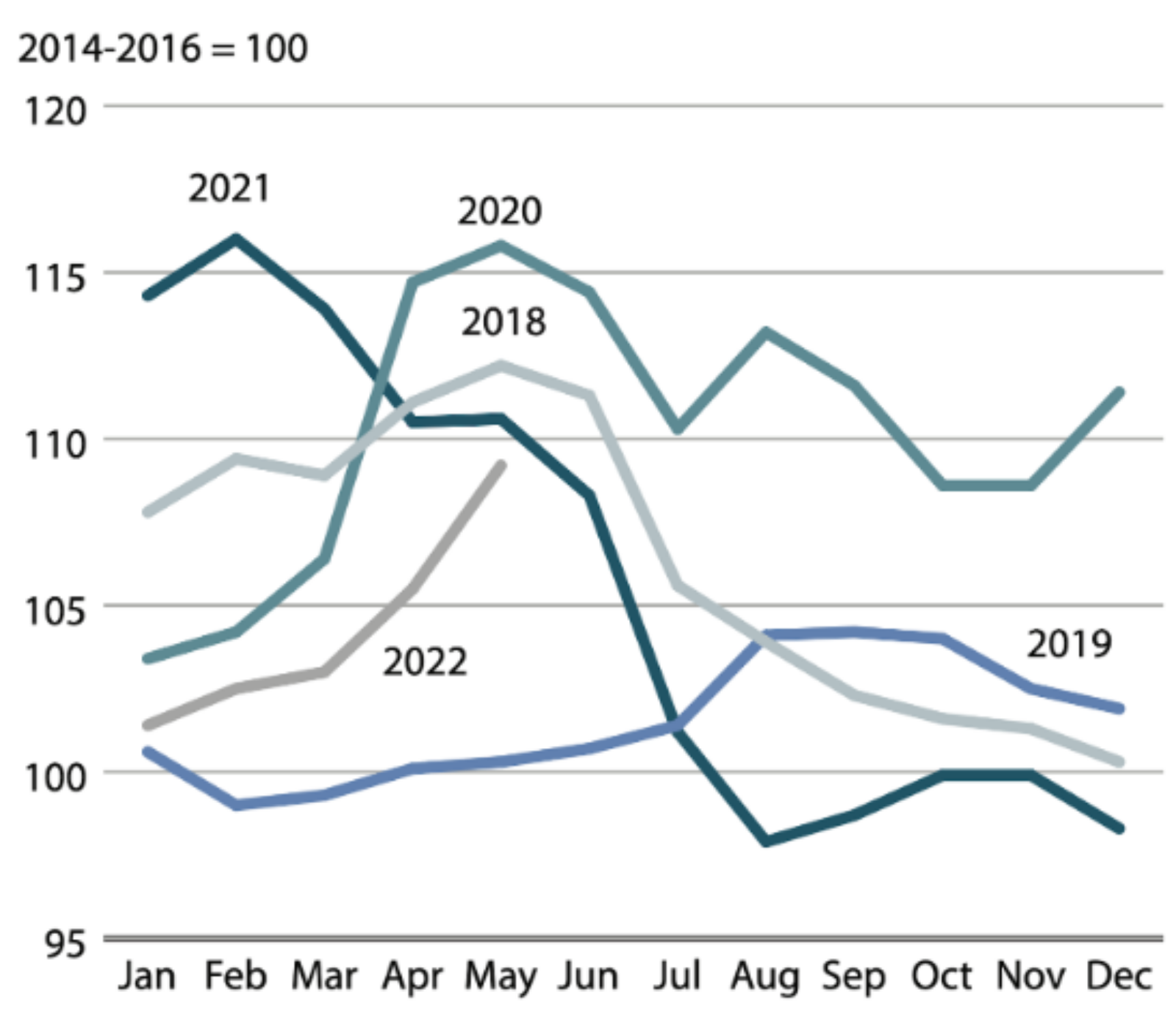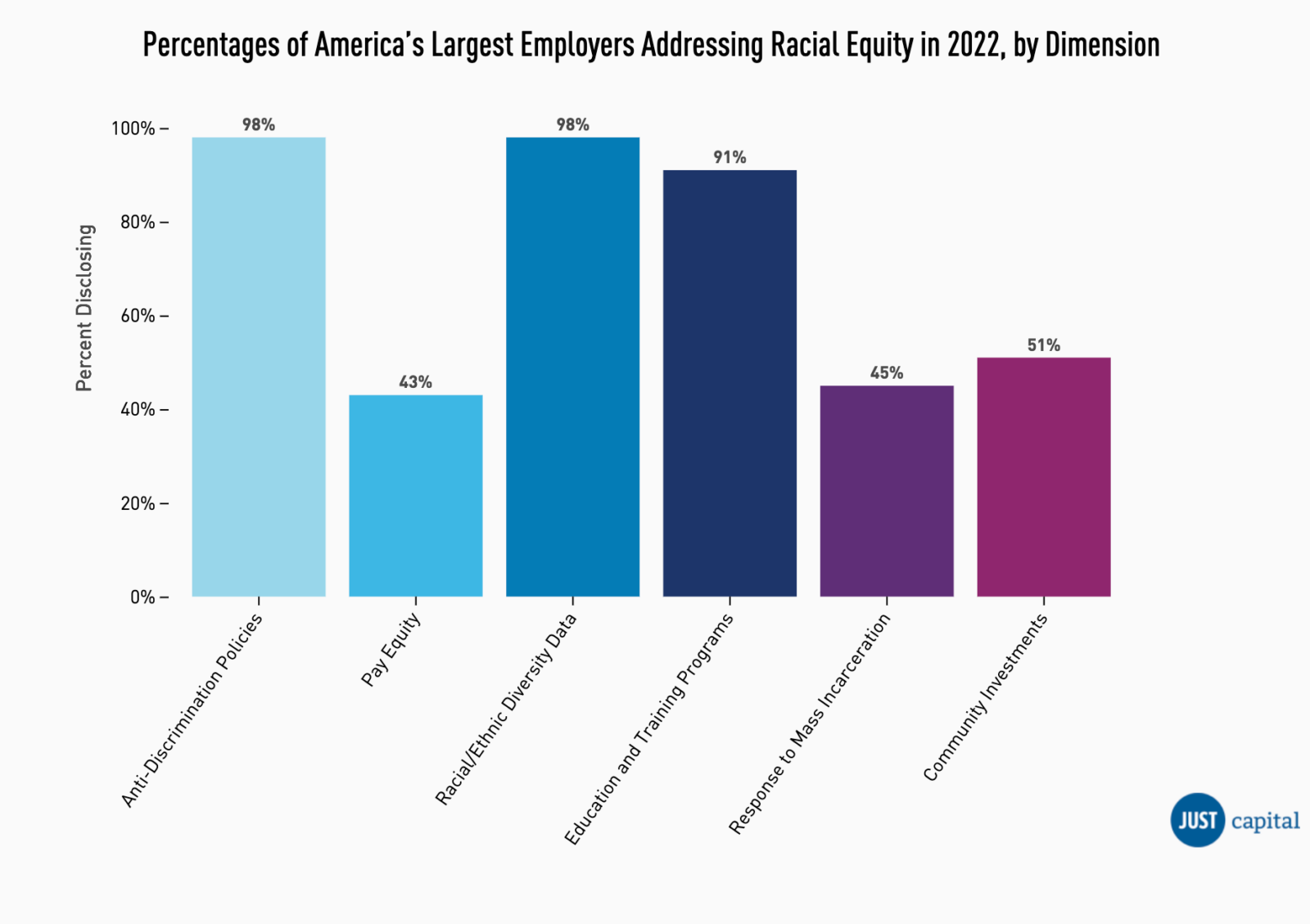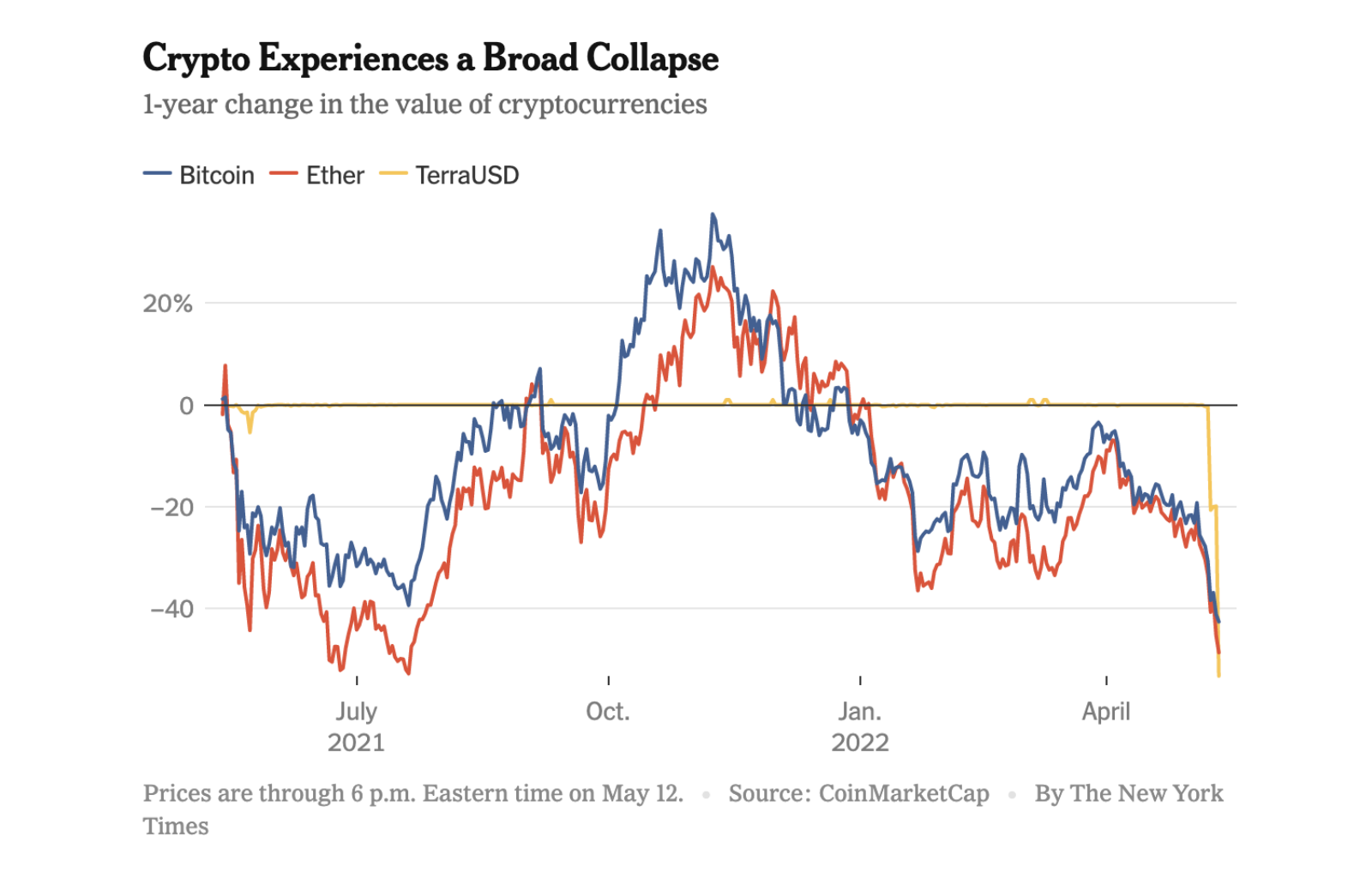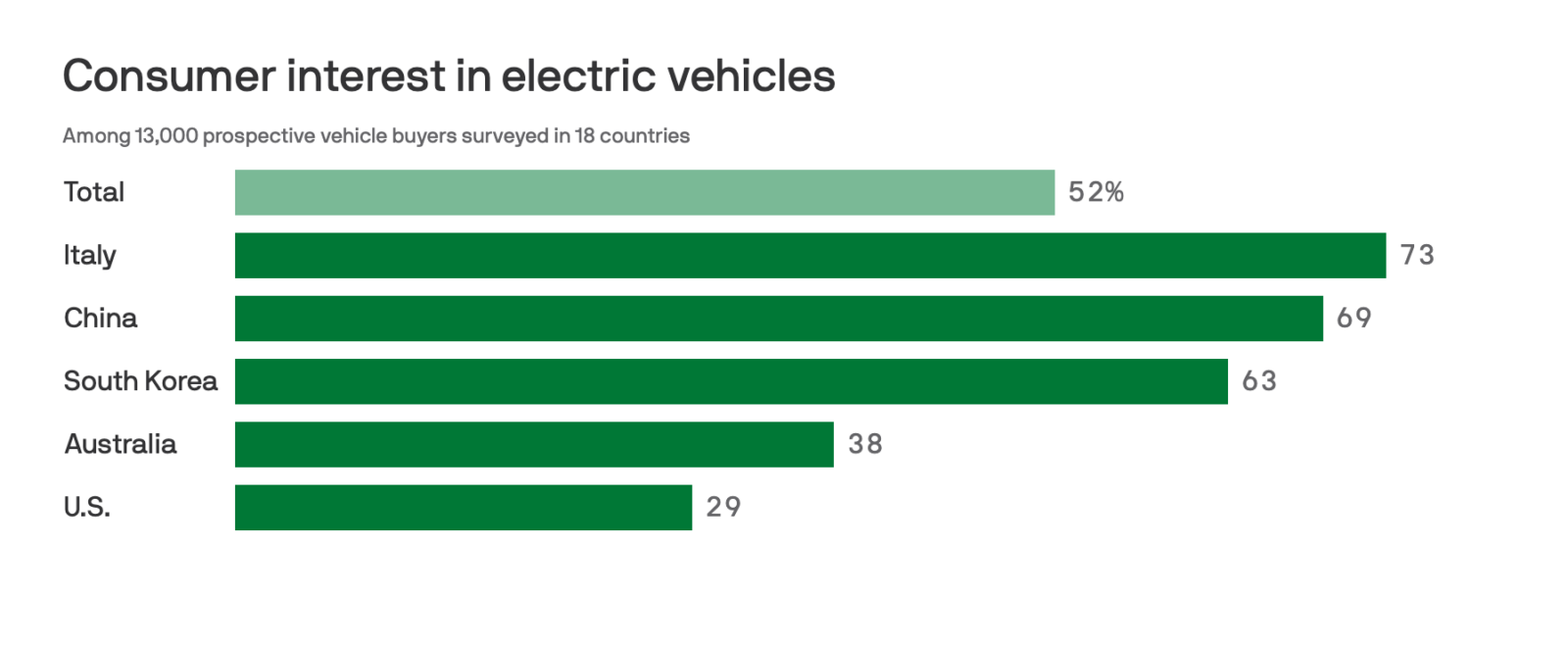Black American Unemployment Rate Is Double That of White Americans
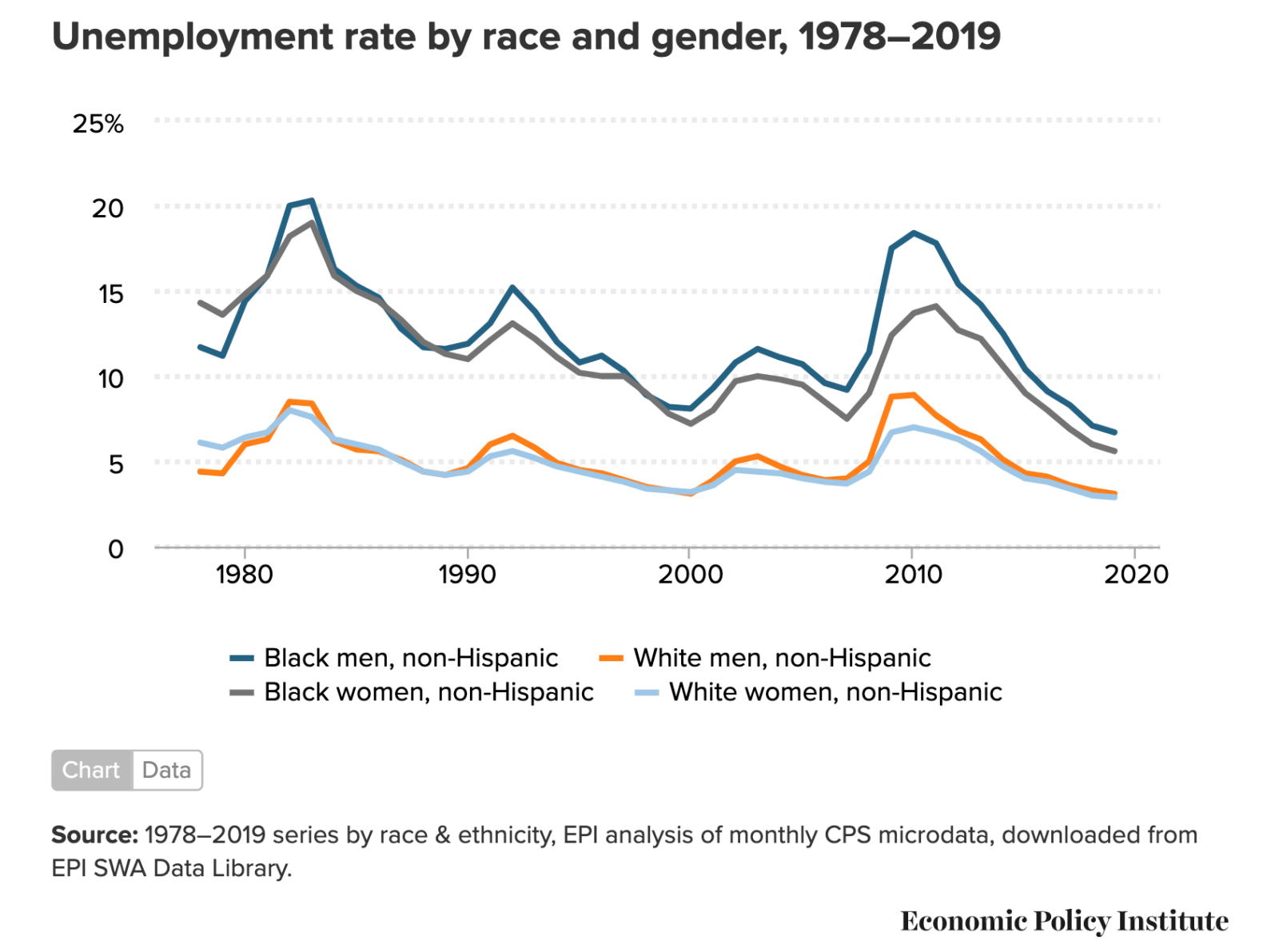
For over 40 years, Black Americans have had an unemployment rate twice as high as white Americans, reports the Economic Policy Institute. As of May 2022, the unemployment gap remains unchanged: Black Americans had an unemployment rate of 6.2%, compared to white Americans at 3.2%.
The usual factors cited to explain this gap—differences in education, experience, or skills—fall short of explaining the racial inequality in the labor market without factoring in discrimination. The 2:1 ratio between Black and white workers remains the same, despite gains in educational and skill attainment by Black Americans over the past four decades.
This disparity also extends to wages. In 2019, the average Black worker earned 24% less per hour than the average white worker. Controlling for differences in education, experience, and geography still left Black workers earning 14% less than white workers. This racial wage gap has grown larger over time; in 1979, Black workers earned 8% less than white colleagues.



